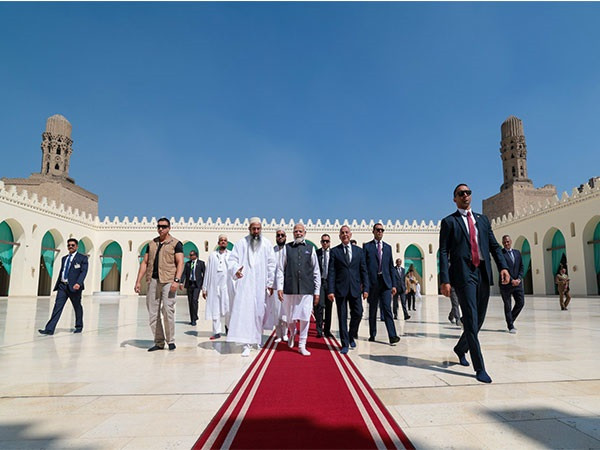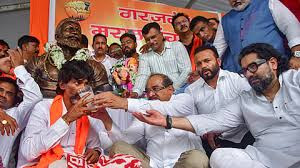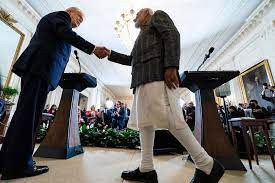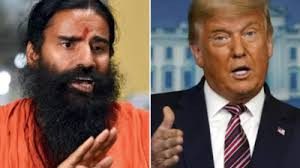Modi's Contrasting Visits to White House and Cairo Mosque Show Calculated Approach to Communalism

IIE Digital Desk : Indian Prime Minister Narendra Modi's recent visits to the White House and the Al-Azhar Mosque in Cairo have been widely seen as a study in contrasts. In Washington, Modi met with US President Joe Biden and other top officials, and the two leaders discussed a range of issues, including the economy, defense, and climate change. The visit was seen as a sign of the strong ties between the two countries.
In Cairo, Modi visited the Al-Azhar Mosque, one of the most important mosques in the world. He met with the Grand Imam of Al-Azhar, Ahmed el-Tayeb, and the two leaders discussed ways to promote interfaith dialogue and understanding. The visit was seen as a sign of Modi's commitment to religious tolerance. The contrasting nature of Modi's visits has been the subject of much discussion. Some have argued that the visits reflect Modi's calculated approach to communalism. They say that Modi is willing to court religious minorities in the West, while he is more likely to appeal to Hindu nationalists at home.
Others have argued that the visits are simply a reflection of Modi's desire to build good relations with all countries, regardless of their religious affiliations. They say that Modi is not trying to play one group off against another, but is simply trying to promote India's interests on the global stage. Whatever the reason for the contrasting nature of Modi's visits, they have certainly generated a lot of discussion. The visits have highlighted the complex and sometimes contradictory nature of Modi's relationship with communalism.
You might also like!
















